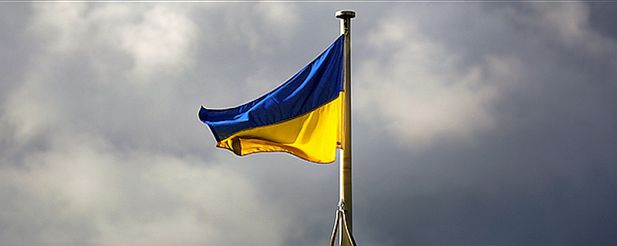POSTPONED! Contextualising the Ukraine-Russia conflict: international relationships, sanctions and a refugee crisis
- Location
- Online - via Zoom, Room 1150 Muirhead
- Dates
- Thursday 23 June 2022 (14:00-15:00)

This event has been postponed, more details on a rearranged date will be confirmed in due course. If you have any questions, please email coss-communications@contacts.bham.ac.uk.
Join us for panel event in partnership with the Institute for Global Innovation, exploring the impact of the Ukraine-Russia conflict.
About the event
As the conflict in Ukraine following the invasion by Russia continues, what can be learnt from the political history of the region, and how will the ongoing war affect the citizens of the two countries?
This interdisciplinary event will explore the ripple effects of the conflict, such as the refugee crisis, sanctions placed on Russia, NATO membership decisions, and international relations, placing these in the context of the political, economic, and historical spheres of the two nations.
Refreshments will be available after the event. This event will also be held via Zoom.
About the panellists
Professor John Bryson, The Department of Strategy and International Business
With research focussing on understanding people, place, organisations, and the changing nature of global networks, Professor Bryson has been widely published in the media commenting on the Ukraine war, with particular analysis around sanctions and geopolitical strategies. He is also currently hosting a Ukrainian family.
Dr Irina Kuznetsova, School of Geography, Earth and Environmental Sciences
Irina's research expertise includes areas of migration, forced displacement, health, and critical urbanism. Her recent projects focus on social consequences of population displacement in Ukraine, Russia, Nigeria and Brazil. Dr Kuznetsova will speak about the long-term implications of internal displacement in Ukraine.
Dr Richter’s research focuses on the modern history of East Central Europe, especially of the region’s social history and the history of nationalism and ethnic conflict. Klaus will be discussing how historical imaginaries determine how we view East Central Europe and how these views have shaped ‘Western’ responses to Russia’s war against Ukraine.
A NATO specialist and a one-time scholar of Russia and the former Soviet Union, his recent work in these areas has been widely published in journals. He is co-editor of Theorising NATO: New Perspectives on the Transatlantic Alliance (Routledge 2016) and the co-author of What’s Wrong with NATO and How to Fix It (Polity Press, 2021). At this event, Mark will look at how NATO and allies have responded to the Ukraine crisis.